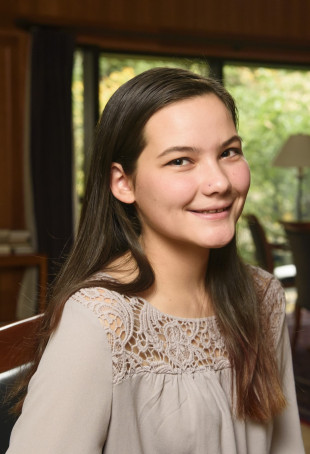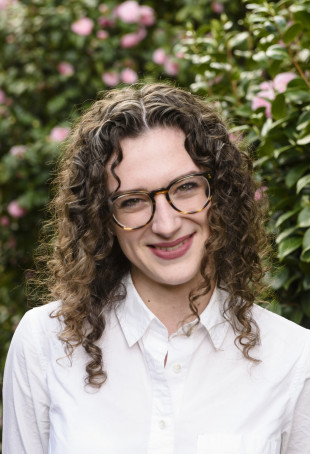- <a href="/live/image/gid/77/width/650/86492_Philosophy_main_image.jpg" class="lw_preview_image lw_disable_preview" tabindex="-1"><picture class="lw_image lw_image86492"> <source type="image/jpeg" media="(max-width: 500px)" srcset="/live/image/gid/77/width/500/height/479/crop/1/86492_Philosophy_main_image.rev.1607649480.jpg 1x"/> <source type="image/jpeg" media="(min-width: 501px)" srcset="/live/image/gid/77/width/720/height/690/crop/1/86492_Philosophy_main_image.rev.1607649480.jpg 1x"/> <img src="/live/image/gid/77/width/720/height/690/crop/1/86492_Philosophy_main_image.rev.1607649480.jpg" alt="Philosophy provides tools for thinking about the serious challenges facing us in the 21st century." width="720" height="690" data-max-w="696" data-max-h="667" loading="lazy"/> </picture> </a><div class="hero-split_image_caption collapsable-caption"> Philosophy provides tools for thinking about the serious challenges facing us in the 21<sup>st</sup> century.</div>
Philosophy
Studying philosophy will provide you with the necessary tools for thinking about the serious challenges facing us in the 21st century. You will earn a bachelor of arts degree while gaining expertise in writing, researching, critical analysis, and public speaking.
Why Choose a Degree in Philosophy?
Philosophy has been defined as the love of wisdom, the search for truth through reasoning, and a discipline that comprises aesthetics, epistemology, ethics, logic, and metaphysics. We believe such definitions have their purpose, but the only way to truly understand philosophy is to engage in the study and practice of philosophical inquiry. Through this work, you will build intensive research, informed critical analysis, and careful writing skills as preparation for a wide array of careers and fields, ranging from library science to social work, law to teaching.
What You’ll Study
Our program offers a major and minor. As part of the curriculum, you’ll investigate many of the questions philosophers ask—What can I know? Who am I? What is justice? Does God exist? What is the nature of time?—and several others, as well. Our faculty cover the ideas of ancient philosophers, such as Plato and Aristotle; early modern philosophers, like Descartes and Kant; 20th-century thinkers, such as Heidegger and Quine; and recent theorists, like Foucault and Lewis. Topics include ancient Western philosophy, Indian philosophy, 19th-century philosophy, metaphysics, epistemology, ethics, and the philosophies of religion, science, and law. Moreover, our emphasis on research and writing equips our students with skills appropriate to a wide range of pursuits. Many of our students earn course credit while on an overseas program.
Outside the classroom, our department hosts a vibrant philosophy colloquium featuring renowned philosophers from both here in the Northwest and across the country. We also joined with other philosophy departments in the Northwest to apply for and receive a Mellon grant to investigate the ways in which philosophy is integral to work on diversity and inclusion. This grant has enabled us to contribute to making the department, and Lewis & Clark as a whole, more diverse and inclusive.
Complement Your Education With One of These Minors
The most popular minors for our philosophy majors are Middle East and North African studies, religious studies, and rhetoric and media studies.
What Students Are Saying About Lewis & Clark
- Lauren Keegan BA ’20
Lewis & Clark is nothing I expected, but everything I needed.
Philosophy | Rohnert Park, CaliforniaMore about Lauren - Sally Goldman BA ’20
I create community by hosting monthly programs in my residence hall.
History, Philosophy (double) | Little Rock, ArkansasMore about Sally - Ella Crawford BA ’19
Challenge yourself (whether that be academically, socially, professionally, etc.) and trust your ability to handle what may come of it.
Philosophy | Alameda, CaliforniaMore about Ella
What Can You Do With a Degree in Philosophy?
Philosophy majors are one of the three highest scoring groups on the Law School Admissions Test (LSAT), second on the Graduate Management Admissions Test (GMAT), and sixth on the Graduate Record Exam (GRE). Together with the relevant science courses, a BA in philosophy provides unique preparation for medical school. Public agencies and businesses seek individuals who possess the writing, critical thinking, public speaking, and analysis skills that are fostered by philosophy. Recent graduates have gone on to enjoy careers in social work, the ministry, management, library science, law, government, education, computer science, and communication. In addition, some of our recent graduates now hold faculty positions in higher education.
Dedicated Faculty
Our expert professors are your expert mentors. You will learn directly from faculty (no graduate assistants here!) that are nationally recognized in their fields of study and who love to work with and learn from their students. Your professors will inspire you to be a thoughtful and passionate participant in a diverse world. Your small classes will support you as you explore new ideas, find your voice, and speak your truth.
Invest in Yourself
A private liberal arts education is often more affordable than you think. Last year, Lewis & Clark distributed over $74 million in assistance from institutional, federal, state, and private sources. Additionally, we’re so confident that our first-year students will graduate with their bachelor of arts degree in four years that if you don’t, we’ll cover the extra semester of tuition.
Find Your People
Our students are active in the Philosophy Club and regularly attend colloquiums where visiting philosophers, philosophy faculty, and fellow students present papers and posit questions about the fundamental natures of society, life, and knowledge. These talks are always followed by lively discussion, giving you a great chance to engage with the ideas you’re exploring in class. There are also occasional movie nights, where we watch a film and then discuss its philosophical implications, and hikes through the nearby Tryon Creek State Park.



